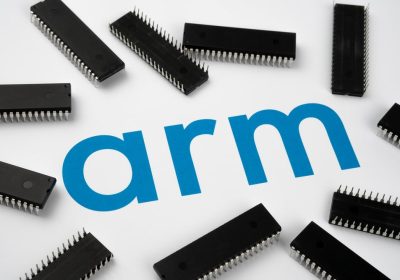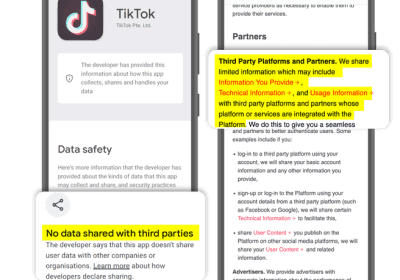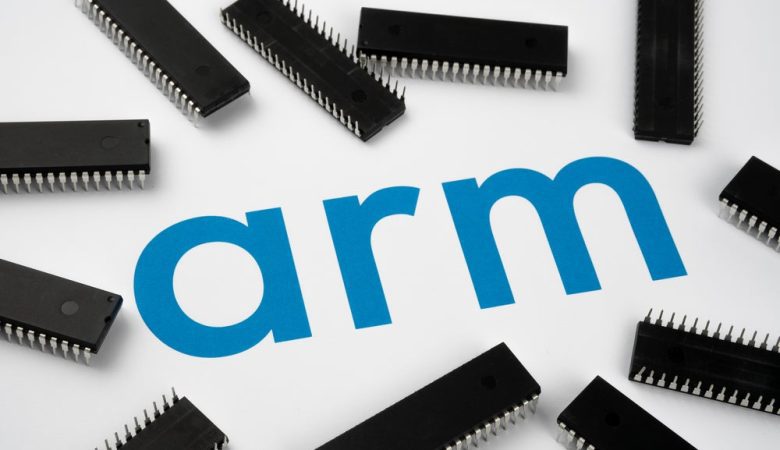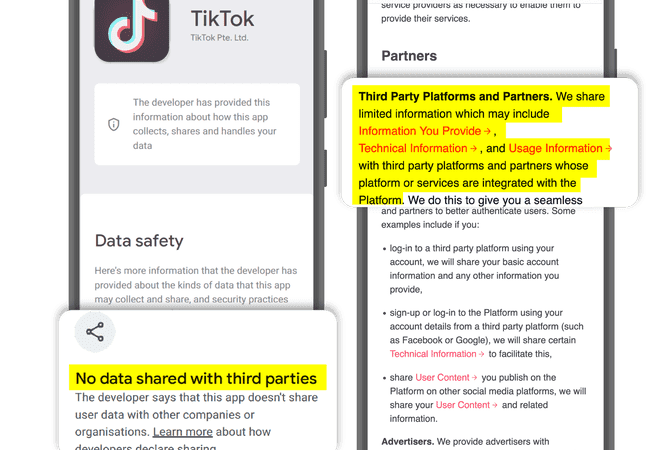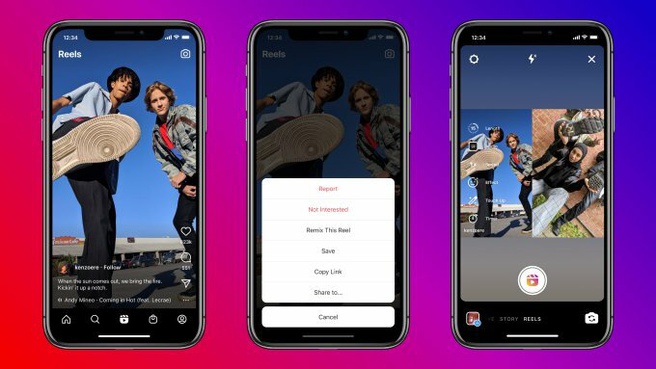2020 will probably be a year we will all remember for the rest of our lives. The worldwide pandemic has proven itself from its worst side, and even though we in the Nordic countries are relatively spared compared to other parts of the world, it has left a decisive imprint on our everyday lives.
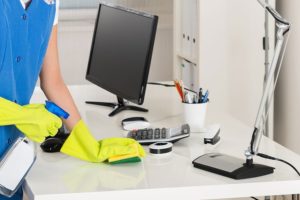
This applies not least to the way we travel in society, and how we relate to each other. We keep our distance, and we try to touch as few surfaces as possible in the hope of slowing down the spread of infection and avoiding getting sick ourselves.
Most of us today walk around with a hand alcohol bottle in our pocket, or use publicly available hand alcohol whenever possible. But there are other infection hazards you should also be aware of. We are all told that we must remember to spray the most affected surfaces in the home, and the cleaning staff is busy following the latest rules for cleaning in the workplace. But do you remember the computer, tablet and phone?
Your cell phone is worse than the toilet seat.
A survey conducted by the cleaning company Initial in 2019, shows that the number of microorganisms on an average British smartphone is 6.5 times higher than on a toilet seat. We tap the PC keyboard and slide our fingers around the touchpad and touch screen, and we pick up our smartphones 100-150 times every single day, look and swipe at it and put it back in our pocket – and if you use a leather cover, then the bacteria live even longer.
Researchers have determined that the COVID-19 virus can survive on metal and plastic for up to three days. And the spread of infection does not only come from yourself. If you are sitting in a shared office and a colleague is typing on your keyboard, you should wash with alcohol afterwards, but many people forget it because it has never been necessary before.
So how do you keep your PC and phone clean in the best possible way?
However, the risk of infection does not apply to medical equipment used in hospitals and the like. Here, computers and devices are used in bactericidal and resistant materials of a completely different caliber than what most PCs for companies and individuals are built with. But at home and in the workplace, it is important that you keep your devices clean.
At the same time, you need to be sure that your computer can actually withstand regular washing with various cleaning agents. Using too strong an acidic cleaner on an aluminum PC can damage it. And before you wash the screen on your laptop, you should be aware that the screen may have a protective layer that can also be damaged by excessive cleaning agents – not to mention the physical friction that can occur when you rub on The PC with a cloth.
Panasonic’s rugged notebooks (Toughbooks), designed to handle harsh work environments, have been thoroughly tested to ensure that they will withstand thorough cleaning with the most common cleaning agents. If you are in doubt about whether your PC will withstand a particular cleaning agent, then you should contact the manufacturer or your IT manager.
To disinfect your digital devices:
- Check if the manufacturer has a cleaning guide for your product. That way, you make sure you do it right the first time.
- Always turn off the device and unplug the power, whether it is a laptop, a smartphone, a keyboard or a tablet.
- Preferably use cleaning wipes, as they have the right amount of cleaning and disinfecting agents for cleaning. Make sure you choose a brand that kills viruses and bacteria and thus is disinfectant. A spectacle cleaner napkin, for example, is not enough – it only removes grease marks.
- Use a microfiber cloth to avoid scratches – especially on screens.
- Be careful not to use too strong soap mixtures and check thoroughly whether the soap can be used on metal and plastic surfaces. Also avoid spraying detergents directly on the unit – instead spray into a cloth.
- Be careful not to press too hard when cleaning screens. It can give permanent marks.
- If you need to clean and tidy a keyboard, you can advantageously turn the keyboard upside down and shake it across the table. That way you get knocked out a lot of dust and fast. Here, too, you should use disinfectant cleaning wipes.
- If it is a keyboard on a laptop, then you should be careful not to get liquid down between the keys. If this happens, it will be considered as liquid damage.
- Keyboard, touchpad, any touch screen and the area under the Windows key where you often rest your palm are the most important places to wash.
- Wait to turn on the PC until it is completely dry. You can advantageously clean your units at the end of the day, so you can be absolutely sure that it is safe to turn them on again when you start work the next day.
- When it comes to smartphones, you may well be a little tougher. Use a disinfectant wipe and be thorough on the bottom of the phone and screen. This is where you touch the phone the most.


